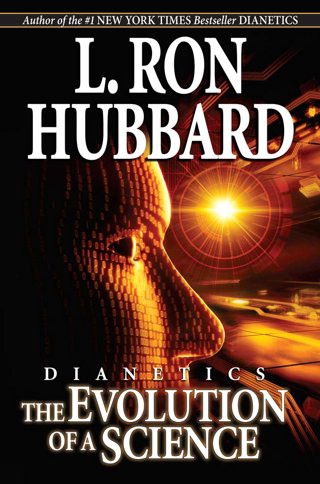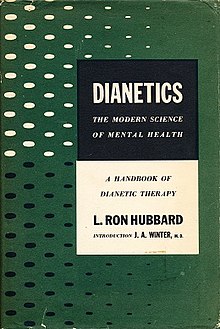Facts About Dianetics Revealed
Wiki Article
Dianetics Things To Know Before You Get This
Table of ContentsExcitement About DianeticsThe Only Guide to Dianetics6 Easy Facts About Dianetics ShownA Biased View of Dianetics
I couldn't ever before not want to obtain anything that comes to mind for you- if it was otherwise, I would not be sitting below with you, doing this. I not just might never ever have an issue, or otherwise wish to listen to something that comes to mind for you, but I'm entirely excited to know every idea, every idea, every picture or sensation that emerges or shows up for you- do not ever assume otherwise, and if for one reason or another you do, please just let me know! Sometimes, you may have a thought, and image, idea or case appear that does not appear to respond to the inquiry, or relate to it, yet however, always do inform me concerning it, and as we proceed, the importance will arise for you.This is integral in the basis of handling, and the topic of this discussion: the standard duties of the therapist and the client: The basic duty of the counselor is, as opposed to "typical training", not to manage, which implies to implement and/or inhibit, however to instead function from the basis of EMPOWERING THE CUSTOMER.

Not known Details About Dianetics
John Mcmasters revealed this fundamental fact splendidly well in one of his talks on Power processing, wherein he explains just how he was asked what this "special propensity" was that he had for providing such fantastic sessions; he needed to think of that for a minute, and spotted that it was what he had not been doing, in addition to what he was doing: he wasn't reviewing, evaluating, computing, or in truth, generating any kind of ideas, not to mention spoken expressions, after giving the command and while awaiting the PC to finish their response to their satisfaction; he was, just and just, existing with the computer, and totally interested.The function of the counselor, demonstrated; that was his "unique knack". I have actually had my own experience which instructed me this well, very early in the game. In 1982, having actually recently completed my training and teaching fellowship on New Era Dianetics, I was running this on a COMPUTER, and there was a factor in the session where (being a little bit wet behind the ears not yet having several hours under my belt as a specialist auditor) the computer seemed to be "taking as well long" to express anything verbally after I gave him a command.
This secret transformed out to be one of the most valuable contribution that John ever made to the topic of treatment or auditing (Dianetics). In my modest point of view, it is the biggest payment that any person has ever before made to these subjectsthe application is entirely non-judgemental, non-evaluative, and lacking any kind of tip, guidance or opinion.no preconditioned schedule for people, or 'degrees' that they need to do
In Idenics, the only source of information concerning a customer is the specific client. In Scientology we prided ourselves on not evaluating for people. But all that really implied was that the auditor did not VERBALLY examine for the PC in session. The registrars and values policemans evaluated for the computer.
Facts About Dianetics Uncovered

Any individual that had actually ever before seen John audit might not help however observe an unique top quality in his auditing."The client's basic role is to be there with the function of moving in the direction of their spiritual objectives, and to freely and completely reveal and experience whatever manifests for them in answering the concerns and implementing the instructions in the processing.
This is something to process as needed. Additionally, individuals often have prior Visit Website experience and/or indoctrination in auditing/processing which, in some means, and to some levels, really misguides them right into perspectives, concepts and behavior patterns that prevent the complete awareness of these roles, and so they will tend to prevent the expressing of what comes to mind, as in the instances offered above - Dianetics. * The first, and probably leading instances of mis-indoctrination leading to much less than entirely smooth and effective sessions, can be located in specific aspects of the training regimens, or "TR's":"TR's" are commonly an individual's very first, or at the very least early, experience in Scientology, and while I will go on to explain what I view as the flaws in principle and method, nevertheless, often tend to be substantially healing, done as they are offered (Hubbard insists that "TR's are not refining, they are training", yet factually, they are both processing advice AND training)
There is no "failing", and no denial of the truth of this being handling. The focus, as it should be, is on experiencing the various other individual's presence.
Dianetics - Truths

Report this wiki page